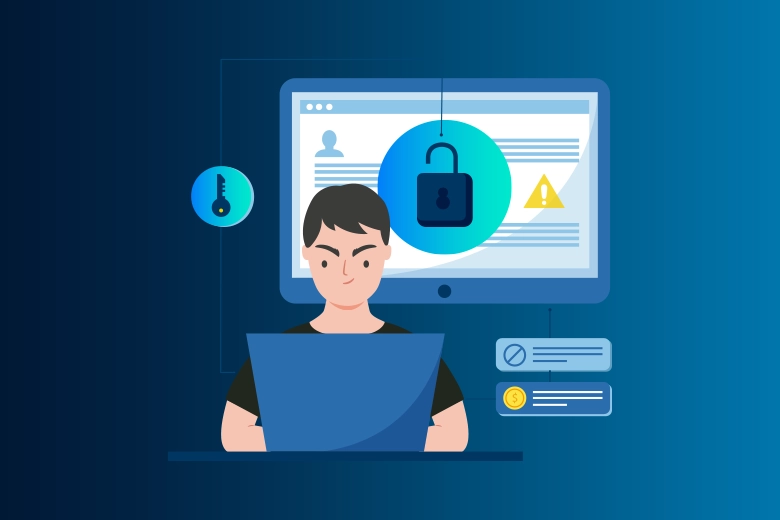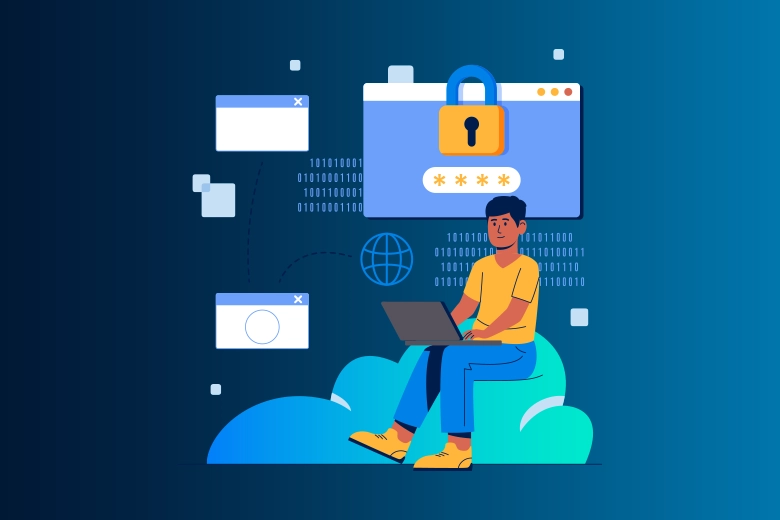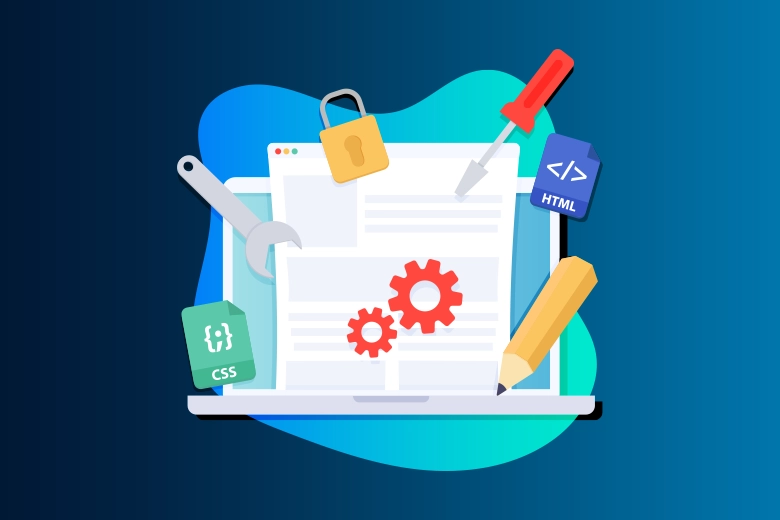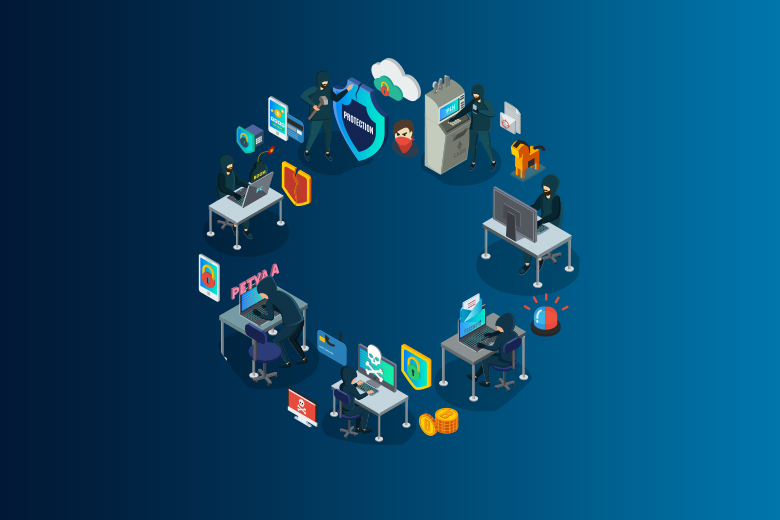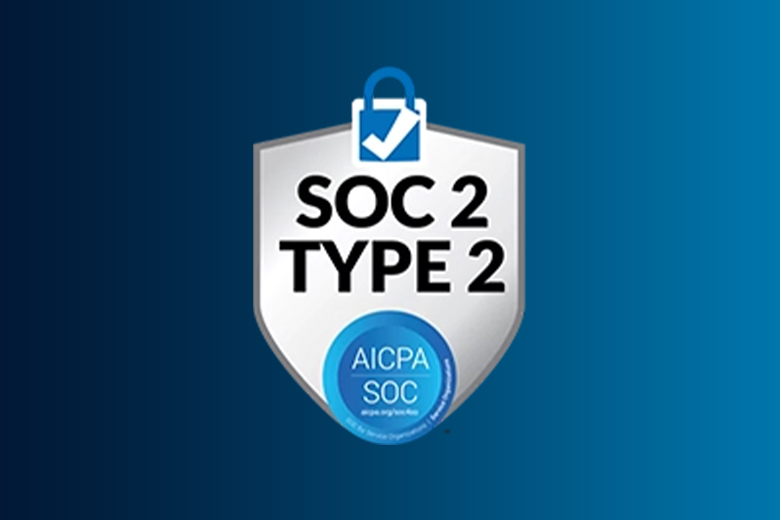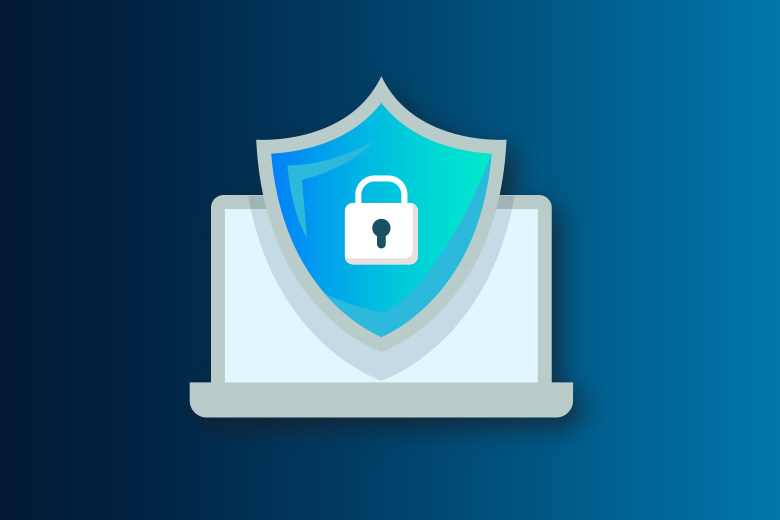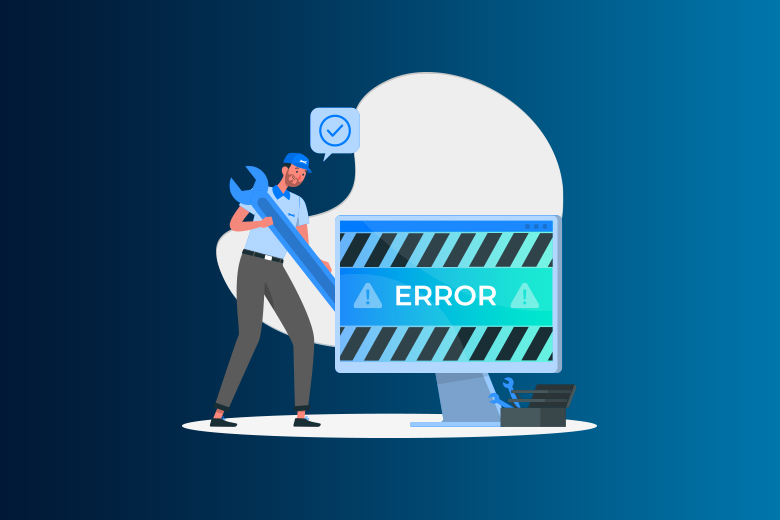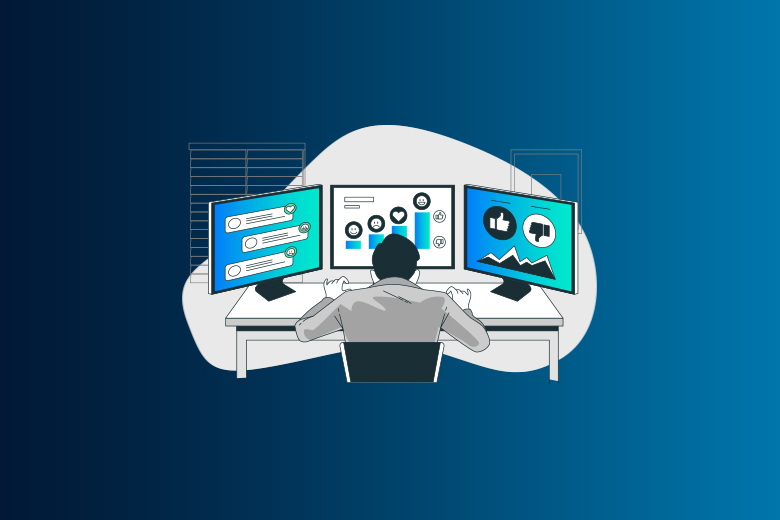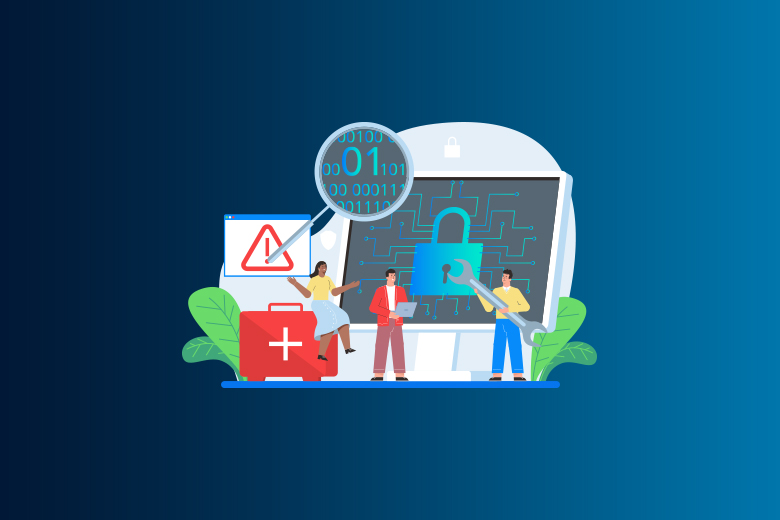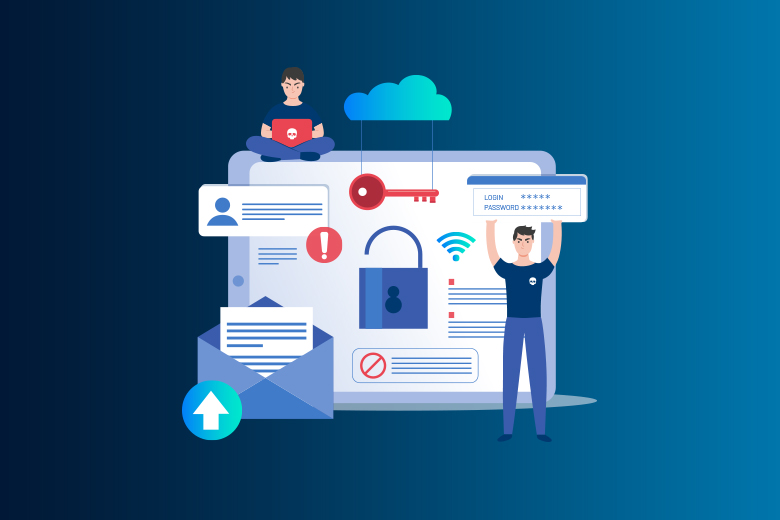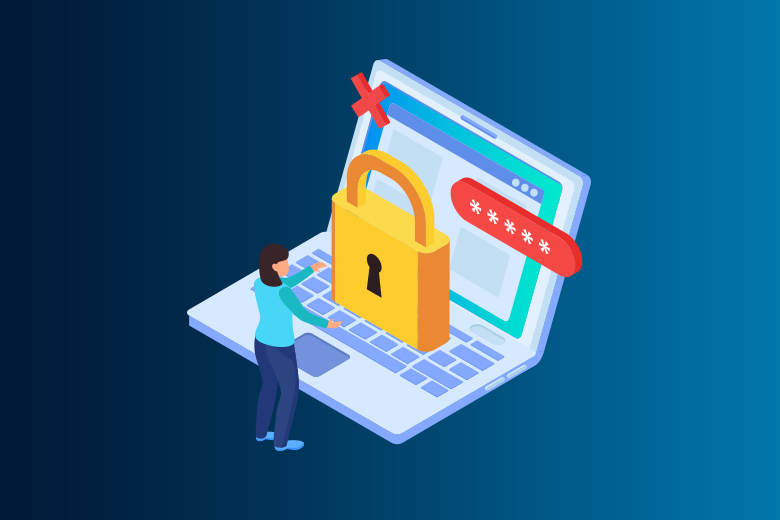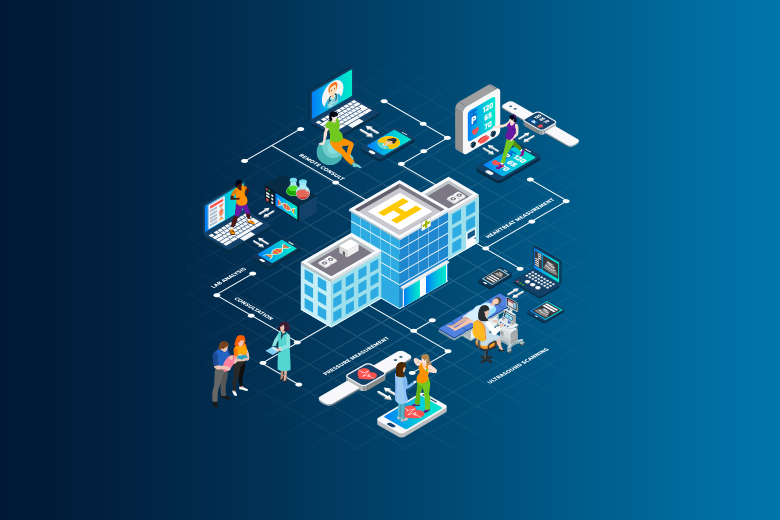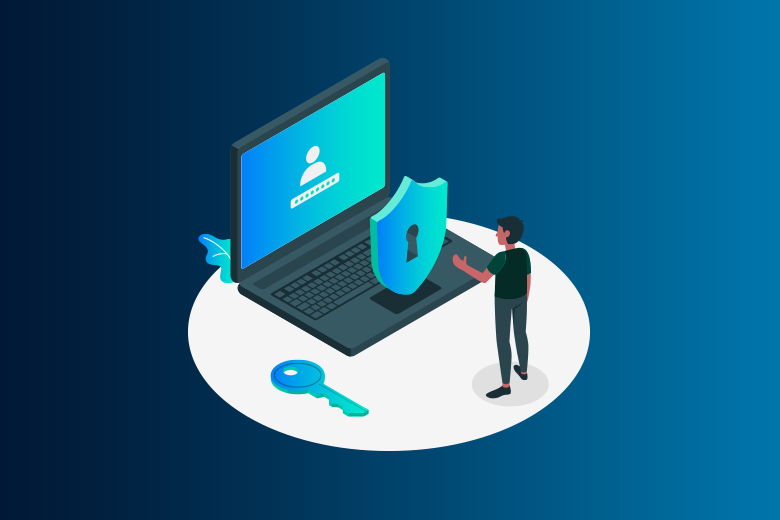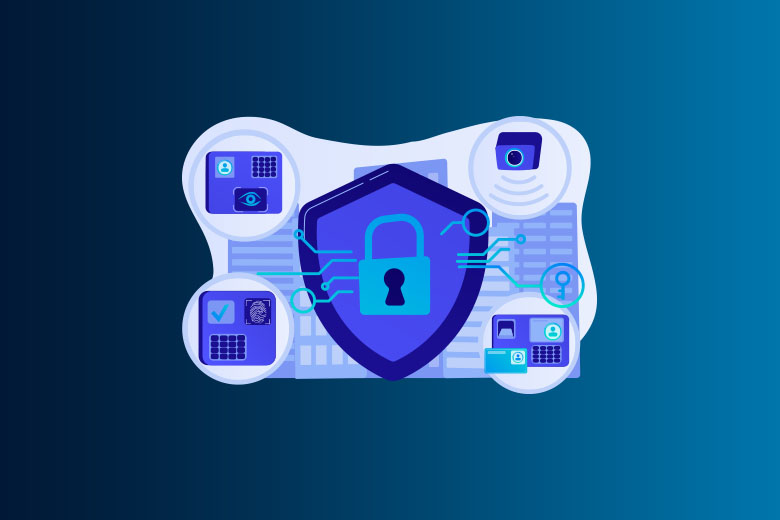18 October 2023
SafeAeon Inc.Data is like the new gold in today's world, making cybersecurity crucial for all businesses, big or small. Companies rely on data to operate and take advantage of modern tech. Just like we need to keep our money safe, we need to keep our data safe too. That's where cybersecurity and data privacy come in. They're like the wallet and lock for our digital "money."
Cybersecurity is like the strong box where you keep your stuff, making sure no one can break in. On the other hand, data privacy is like the rules you set about who can see and use what’s inside the box. And here's the catch: in today's world, we need both the box and the rules to keep our digital treasures safe. You can't have one without the other. It's like having a wallet but no lock. Both are super important to make sure our digital "money" (data) is safe and sound!
Here's what recent study suggests:
- Data is Everywhere: Businesses use data all the time. It's super important for them. But guess what? A study by PwC showed many companies aren't keeping it as safe as they should.
- How Much Do We Know?: Only about half (51%) of companies know where they're keeping personal data. It's like knowing where you put your money. And only a little more than half (53%) train their employees about keeping data safe.
- What About Outsiders?: When companies work with others, they need to make sure those groups keep data safe too. But less than half (46%) of companies check if these groups are doing a good job. Also, the same number (46%) makes sure these groups follow safety rules.
- Knowing Where Everything Is: Imagine if you didn't know where your toys were. It'd be hard to know if any were missing, right? It's the same with data. If companies don't know where it is, they can't tell if it's safe or if it's been taken.
- Big Bosses Are Worried: Top leaders in companies know this is a big deal. A different study found that 4 out of 10 big bosses are super worried about cyber threats. That's a jump from 1 out of 4 from the year before.
Cyber Security Compliance and Frameworks
Ensuring the safety of data is a prime concern for organizations worldwide. As a safeguard, there are laws and regulations, mandating adherence to certain standards. When the motivation to adopt proper security measures overshadows potential legal repercussions and fines, these regulations become particularly effective.
Frameworks play an essential role in delineating the precise approach organizations should employ for cyber risk management and achieving compliance. Three main advantages of these frameworks include:
- Clear Direction: They give a lucid roadmap for organizations to follow, ensuring that there are no ambiguities in the security measures to be undertaken.
- Establishment of Risk Management Principles: They guide businesses in establishing a systematic process to detect, evaluate, and address potential threats.
- Guidance on Compliance: They chalk out the necessary steps for organizations to sidestep the adverse legal consequences arising from inadequate cybersecurity protocols.
Several cybersecurity frameworks are recognized universally:
National Institute of Standards and Technology (NIST): An agency that isn’t regulatory but aims at promoting innovation while safeguarding intellectual properties. It has produced a seven-step cybersecurity model, obligatory for US governmental bodies and their main contractors, while optional for non-governmental entities.
- Payment Card Industry Data Security Standard (PCI DSS): A collective initiative of Visa, MasterCard, Discover, JCB, and American Express, PCI DSS lays out the basics for handling, processing, and transmitting consumer data, like primary account numbers and service codes. Though not directly a government enactment, all entities utilizing these payment mechanisms must comply, and some regions have even integrated it into their laws. Non-compliance can attract penalties ranging between $5,000 and $100,000 monthly.
- International Standard for Information Security Management Systems (ISMS) - ISO Standards: Falling under the ISMS umbrella, numerous ISO-specified norms exist that cater to safeguarding informational assets. Its primary focus is on establishing comprehensive frameworks to shield critical internal data of organizations.
- Federal Risk and Authorization Management Program (FedRAMP): Exclusively tailored for government entities, FedRAMP outlines standards to evaluate and oversee cloud-integrated systems. Its foundation is the NIST 800-53.
- Health Industry Cybersecurity Practices (HICP): Originating from the Department of Health and Human Services, HICP's core intent is to devise a structure to safeguard data in the healthcare domain.
Laws about cyber security help keep our information safe.
Here are some of the important ones:
- The Gramm-Leach-Bliley Act (GLBA): This law makes sure banks and other financial companies protect your personal information, like your address and social security number. If they don't, they could be fined a lot of money.
- The Health Insurance Portability and Accountability Act (HIPAA): This law protects your health information. Doctors, hospitals, and health insurance companies need to keep your medical details private. If they don't, they can be fined.
- Cybersecurity Information Sharing Act (CISA): This law helps the government and companies share information about online threats. It's there to help everyone stay safe online. Some people don't like this law because they worry about their private details getting out.
- Federal Information Security Modernization Act (FISMA): This law says that government offices need to keep their computer systems and the information on them safe. If they don't do this, they could get into big trouble.
- General Data Protection Regulation (GDPR): This is a rule for Europe, but it affects American companies too. It tells companies to be very careful with the personal details of people from Europe. If companies don't listen, they could lose a lot of money.
What are the main challenges in achieving cybersecurity and data privacy compliance?
There are some big problems companies face when trying to keep their computer systems safe. Let's talk about them.
- Not having enough tools and people: Many companies don't have the money or the right people to find and fix weaknesses in their systems.
- Too much to do: Companies have to do their everyday work and also make sure their computers are safe. This can be too much at times.
- Too many rules: There are a lot of rules and guidelines companies must follow. Sometimes, these rules can be confusing and overlap.
- Always changing threats: There are always new ways hackers try to attack. This makes it hard for companies to always know the best way to protect themselves.
- Many places to protect: The bigger the company, the harder it is to keep every part of it safe.
- Choosing between making money and staying safe: Sometimes, companies must decide whether to spend time and money on making their products better or on keeping them safe.
- Keeping cloud data safe: Storing data in the cloud can be tricky. Companies need to know what data they have, who's allowed to see it, and how to protect it all the time.
5 Simple Tricks for cybersecurity and data privacy compliance
Here are five easy steps that companies can follow to keep their computer systems safe:
- Check for Risks: Look into your computer systems. Find out where the problems might happen and make a list of them. This way, you know what you need to work on.
- Make a Safety Plan: Decide on the rules to keep your systems safe. This includes who can use the computers and how to keep the information secret.
- Train Your People: Teach everyone who works for you about the dangers online. This means understanding tricky emails and knowing the importance of strong passwords. Training helps everyone stay alert and know what to do.
- Set Up Safety Tools: Put in place safety rules and tools. This means deciding who can see information, keeping data secret, and having a plan if something goes wrong.
- Always Watch Over Systems: Don't just check your systems once in a while. It's important to always be on the lookout because threats can change and get smarter every day.
Conclusion:
The digital world brings immense opportunities, but with it comes the responsibility of ensuring robust cybersecurity and safeguarding data privacy. Navigating the intricate paths of compliance is a challenge that organizations cannot afford to overlook. As threats evolve, so must our strategies and defenses. Balancing the demands of data protection with operational efficiency is no easy task, but it's a necessary one. For the safety of users and the credibility of businesses, a proactive approach to cybersecurity and a deep understanding of data privacy are more vital than ever. In this ever-changing landscape, staying informed and vigilant is the key to resilience, SafeAeon can be your safest bet to seek adequate assistance.

